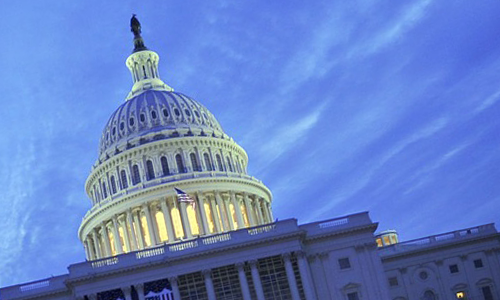December 29, 2020

There’s a lot to unpack with the Coronavirus Response and Relief Supplemental Appropriations Act of 2021 passed by Congress on December 21 and signed into law by the president on December 27.
In addition to funding the federal government for the remainder of fiscal year 2021, the bill provides about $900 billion in COVID-19 relief. Please see the COVID-19 Resource Hub which provides updates on many of the tax provisions that affect agricultural producers and click here to see a summary of some of the agricultural relief provisions.
While some provisions of the proposal are detailed, others will take time to enact as federal agencies such as the IRS and the USDA issue regulations and guidance to create the rules and administer the programs, so there is no need for immediate action.
One provision that does merit attention prior to year-end, however, is the changes the law makes relative to the Paycheck Protection Program (PPP) for those that received PPP loans in 2020 and how that might impact year-end tax planning.
Paycheck Protection Program (PPP)
The recently passed law now confirms that expenses paid with PPP loans are now deductible. This was expected until the IRS released Notice 2020-32 several weeks back. Regardless of when a taxpayer receives PPP forgiveness, those expenses will now be permitted to be deducted from income.
Example: Taxpayer A received a PPP loan of $50,000 on April 1, 2020, which she spent entirely on the farm payroll, an eligible expense that will ultimately lead to full PPP forgiveness. As of 12/31/2020, taxpayer has not applied for PPP forgiveness. Taxpayer books a $50,000 loan on the balance sheet and deducts the $50,000 of payroll expenses.
In 2021, Taxpayer A will receive PPP forgiveness, which will not be included in taxable income. For partnerships and S-Corporations, the tax-free loan forgiveness will be treated similar to other tax-exempt income for certain adjustments to basis.
Observation: Given that the expenses paid with PPP proceeds can be deducted from income and will lower a taxpayer’s income, taxpayers still have time to reevaluate year-end planning strategies. They may not need to spend as much on prepaid expenses or purchase a capital asset to manage their tax liability (if they can find the inventory!) If taxpayers have already spent funds in anticipation of PPP expenses not being deductible, there are still tools that a taxpayer’s tax professional can use, such as a slower depreciation method for assets purchased during the year. Dairy farmers can view an article here to further dive into over planning, particularly with the favorable capital gains treatment of cow sales.
The bottom line is now that Congress has confirmed expenses paid with PPP loan proceeds can be deducted, projected 2020 income will now be lower than estimated just a few weeks ago when the IRS indicated those expenses would not be deductible. It’s a good opportunity in the few days remaining in 2020 to assess potential tax liability and consider alternatives for managing it with your tax professional.




